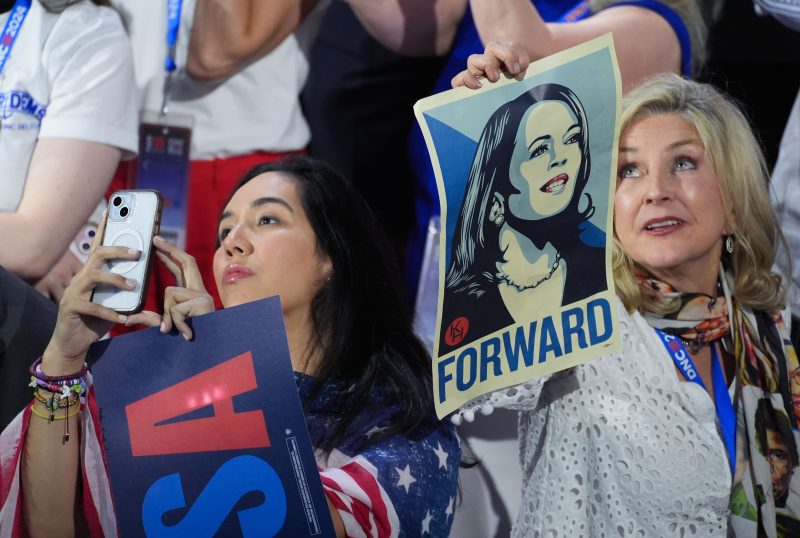 The National Popular Vote would indeed overhaul, not abolish, the current Electoral College system used in U.S. Presidential Elections. The idea behind it is to ensure that the candidate who wins the most votes nationwide is elected president.
The National Popular Vote would indeed overhaul, not abolish, the current Electoral College system used in U.S. Presidential Elections. The idea behind it is to ensure that the candidate who wins the most votes nationwide is elected president.
Here’s how it works: It’s an agreement among a group of U.S. states and the District of Columbia to award all their electoral votes to whichever presidential candidate wins the overall popular vote in the 50 states and the District of Columbia. The pact would take effect only once it would guarantee the global popular vote winner enough electoral college votes to secure the presidency. That means it would need the involvement of states that together have 270 electoral votes, a majority of the 538 votes in the Electoral College.
Supporters of the National Popular Vote argue that the Electoral College system is undemocratic because it gives too much power to swing states, under-represents voters in safe states for both Republicans and Democrats, and can, and has, resulted in a president who did not win the most votes nationwide.
However, critics say it’s just an end-run around the Constitution, which established the Electoral College, and worry it could lead to election instability or the marginalization of rural areas. Other critics note that the change could incentivize candidates to only focus on large cities where the majority of the population is concentrated.
It is a controversial plan; while some people believe it would make the presidential voting system more democratic, others think it might give disproportionate power to highly populated areas.





